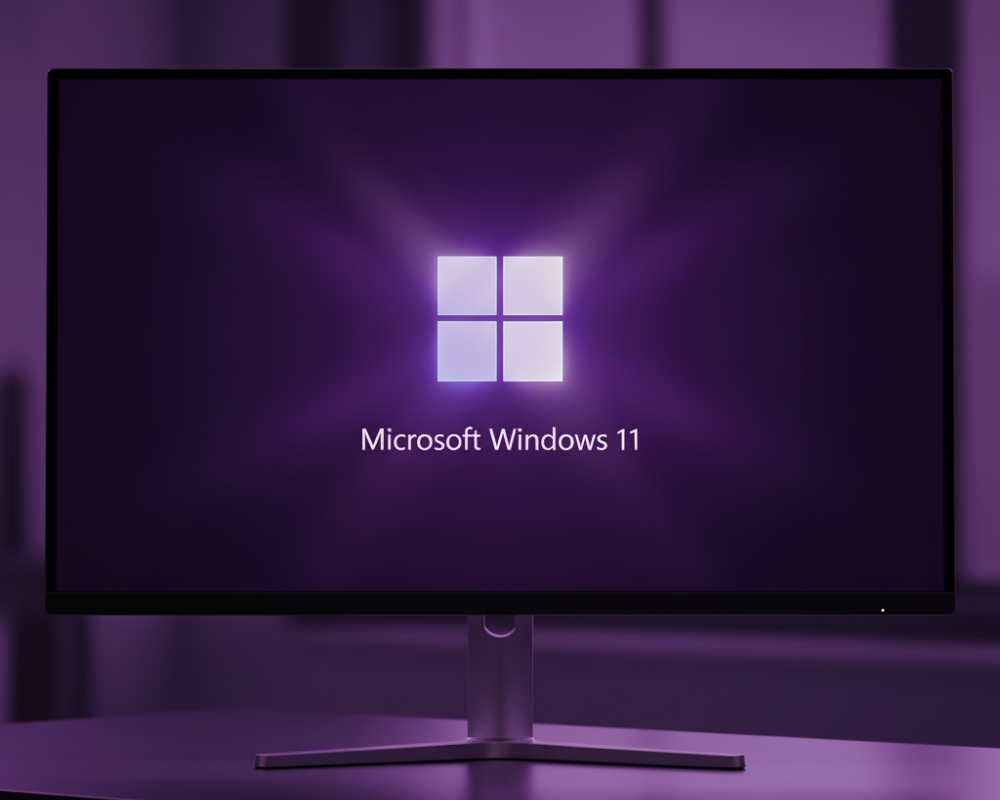September 22, 2025 By: JK Tech
When Microsoft first introduced Recall on its new range of Windows 11 Copilot+ PCs, the software claimed to transform productivity. By taking snapshots of your screen at regular intervals of a few seconds, Recall literally was like a personal “time machine” for you, and you can scroll back and retrieve documents, chats, or sites you’d looked at weeks or even days ago.
The vision was straightforward: never searching for lost files nor wondering where you’d previously come across some bit of information. For busy pros who are short on time yet long on demands, Recall was a genius union of computer organization and AI-driven assistance.
There was a catch involved, though. Days after its reveal, concerns regarding security and privacy were brought up by critics. Since Recall maintained an exhaustive visual account of user activities, it stored passwords, financial data, secret conversations, and secret business data. Should it end up in the wrong hands via improper use by malware or via unauthorized access, it would turn out to be a data leakage horror show.
Microsoft halted its rollout amidst this adverse feedback. Now, while reconsidering its approach, Recall is planning to make a comeback with certain crucial enhancements to address user concerns.
What’s Different This Time?
-
Opt-in by Default: Like previous versions, Recall is not enabled by default anymore. Everyone has to choose to activate it. This respects user control and eliminates the fear that Recall is operating “secretly” in the background.
-
Local-only Storage: All your snapshots are stored locally, encrypted on the device, and are never sent to the cloud. Your information never travels over networks nor is it stored on remote servers to help prevent interception or central leaks.
-
Granular Privacy Controls: Now users can disable some apps, sites, or time slots to skip being recorded. This level of tweaking makes some sensitive data remain excluded.
-
Transparency and Notifications: The new Recall feature has explicit indicators when it is operating to assist with keeping individuals notified about what is being stored.
Collectively, these shifts carry an abiding lesson: innovation is a non-starter without trust.
Why This Matters for Enterprises
Even though Recall is a user-facing functionality per se, its implications go deeper yet. Contemporary business is banking on digital solutions to improve productivity, and yet only trust is a currency allowing adoption to occur. Solutions providing convenience but raising fears about data exposure are received with hesitation by security teams by compliance, and employees themselves.
By redesigning Recall, Microsoft is sending a signal to all corners of the technology world: privacy-by-design is no longer optional, it’s mandatory. For business leaders, there is a broader implication: when deploying new technology, whether AI-enhanced assistants, process automations, digital orchestration, privacy and transparency have to be embedded upfront.
The Recall re-launch is there to show once more the fine balancing act with enterprise technology: how do we access all the goodness of AI and automation and never lose confidence? As digital assistants are increasingly integrated into flows, it is going to be all about deeper controls, clearer consent processes, and edge processing. For Microsoft, it is a reputation test as much as a technology test. For corporations, it is a timely message: productivity can only ever go hand in hand with privacy.



